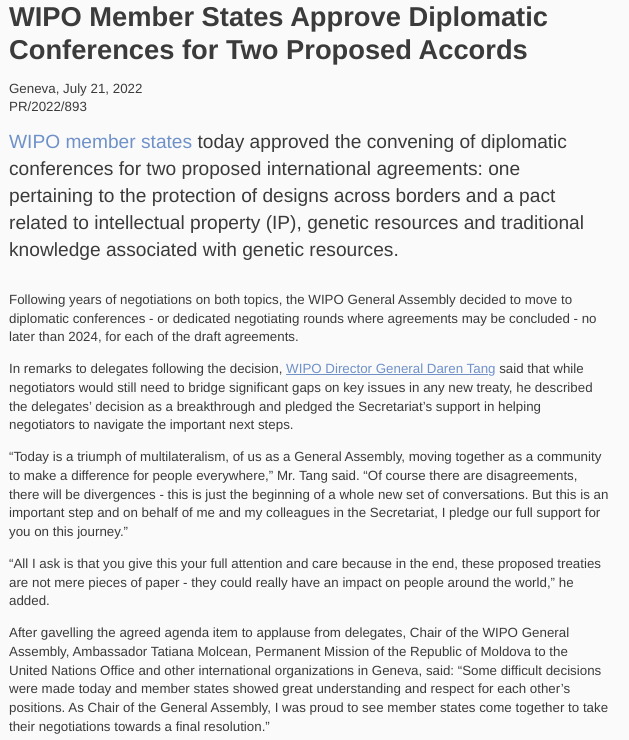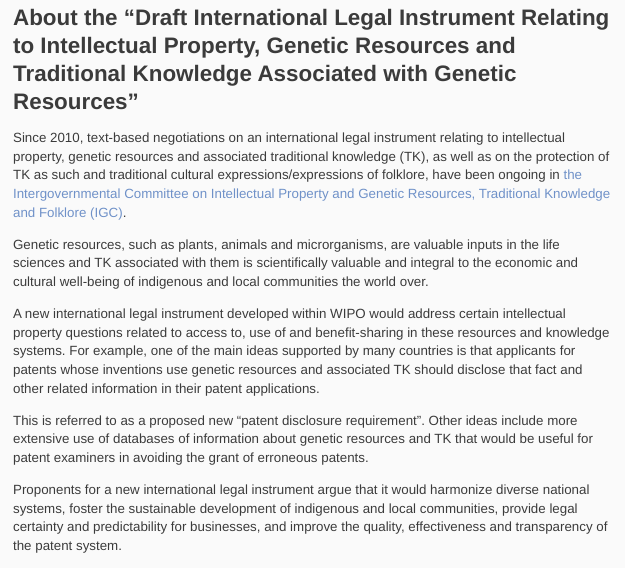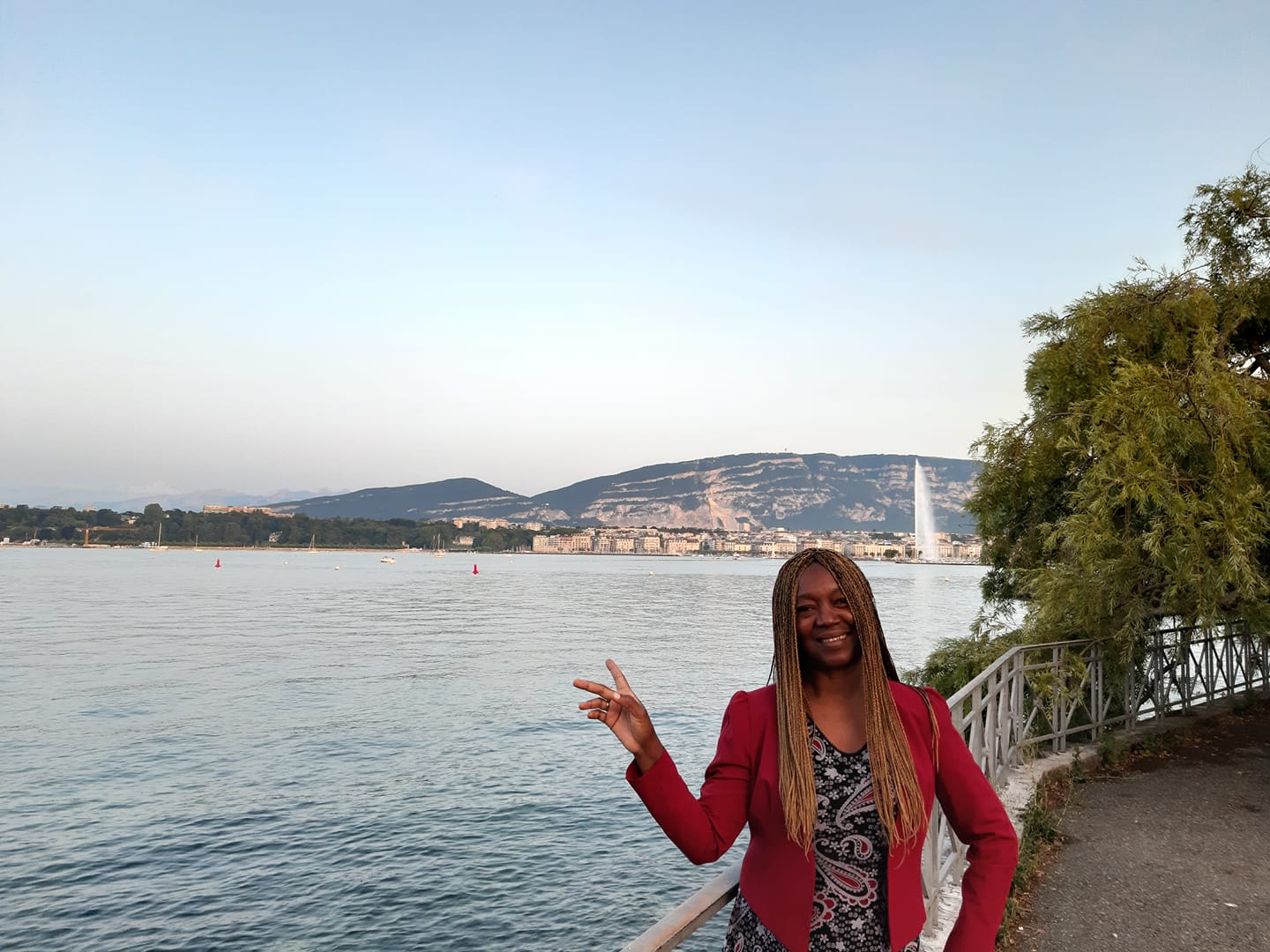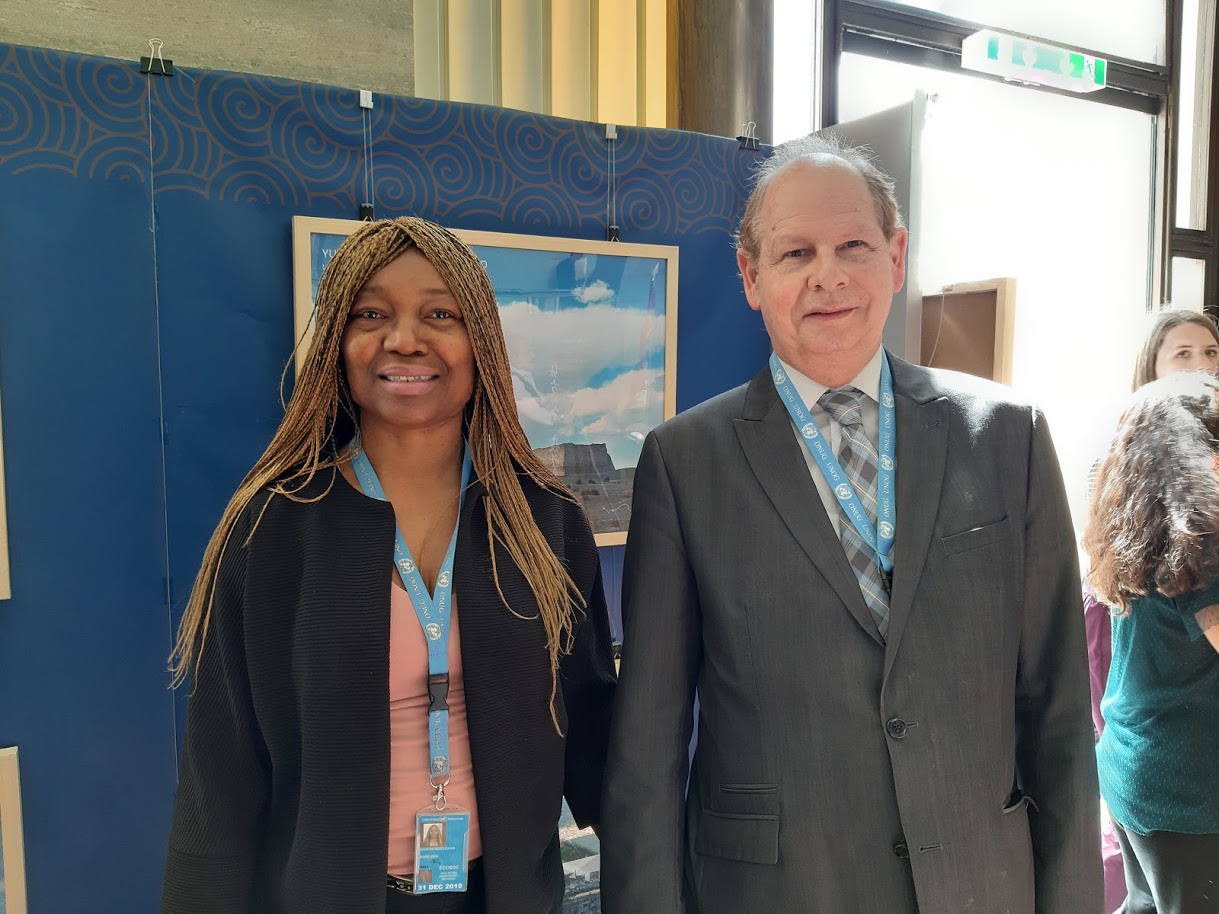The conference organized by the United Nations Institute for Disarmament Research (UNIDIR) in collaboration with the Secure World Foundation and the Simons Foundation Canada from 28 to 29 May 2019 in Geneva was attended by our president and cofounder of Health and Environment Program, Dr Madeleine Scherb.
Support from UNIDIR’s core funders provides the foundation for all of the institute’s activities. Also, the conference was organized with support from the Governments of Brazil, the People’s Republic of China, the Holy See and the Russian Federation. It was entitled: Supporting Diplomacy: Clearing the Path for Dialogue.
It should be noted that he space security has a direct impact of our health and our environment. The discussion focused on six main panel presentations:
1) Taking stock
2) What is a Space force?
3) Emerging Rocket & Missile Dual Use Challenges
4) On-orbit Proximity Operations: Friend or Foe?
5) Gathering Evidence in Orbit
6) Next Steps for Multilateral Dialogue
A special film was organized to explore the wider societal implications of international cooperation in space. The screening was followed by a panel of special guest speakers such as Mr. Jean-François Clervoy, former ESA Astronaut.
However the group of Governmental Experts on further practical measures for the prevention of an arms race in Outer Space was represented by Amb Jeroen Cooreman, Deputy Permanent Representative of Belgium to the UN involved at UN Disarmament Commission Working Group II. The National security influenced by physics and astronomy works in a variety of fields including governments and the private sector whereas Governments work in cooperation. Furthermore, numerous countries and actors are seeking on-orbit vehicles for satellite life extension operations and debris, yet this technology also could raise suspicions about the weaponisation of space.
The space domain awareness, space protection, space traffic monotoring and space debris concern the human being. Cooperation and coordination among groups will be important to maximize efforts in astronomy, Space Law, space research and space policy as well as nuclear disarmament and non-proliferation issues, including PAROS and the Hague Code of Conduct Against Ballistic Missile Proliferation (HCOC) is on-going work for international space security and space policy,
Towards greater space security measures, global security, and peace, let’s protect our environment for a better health for all!






